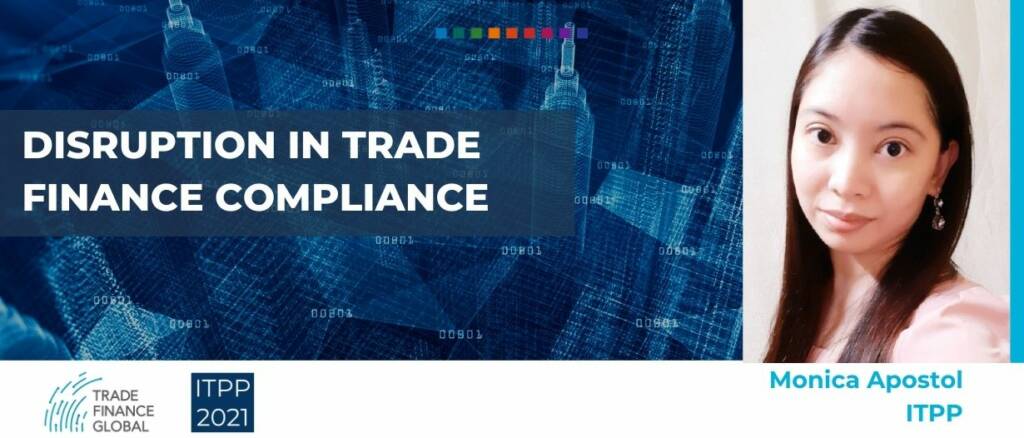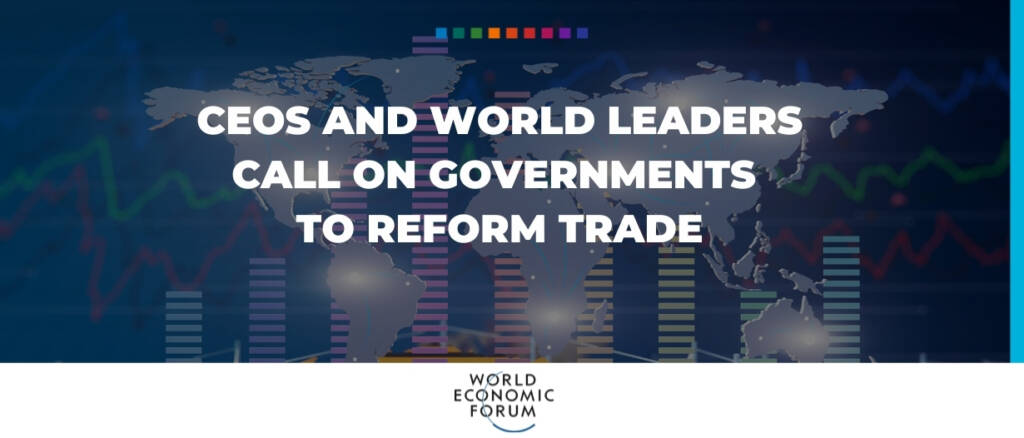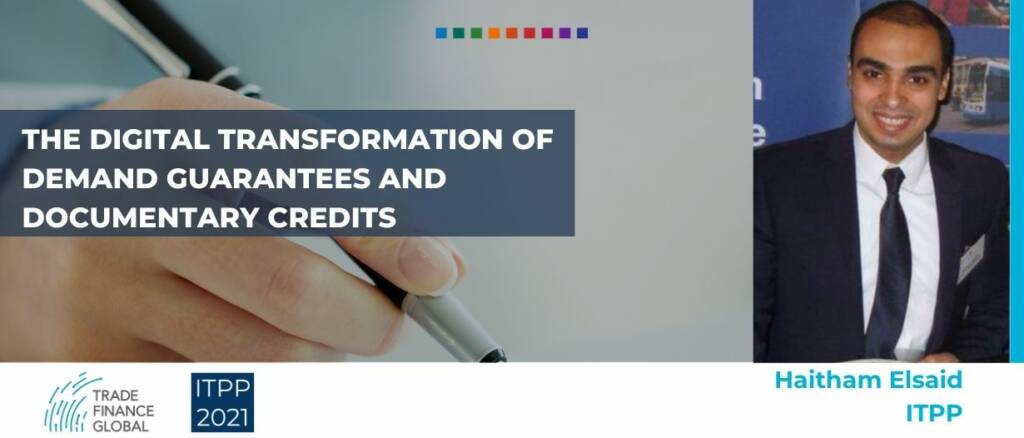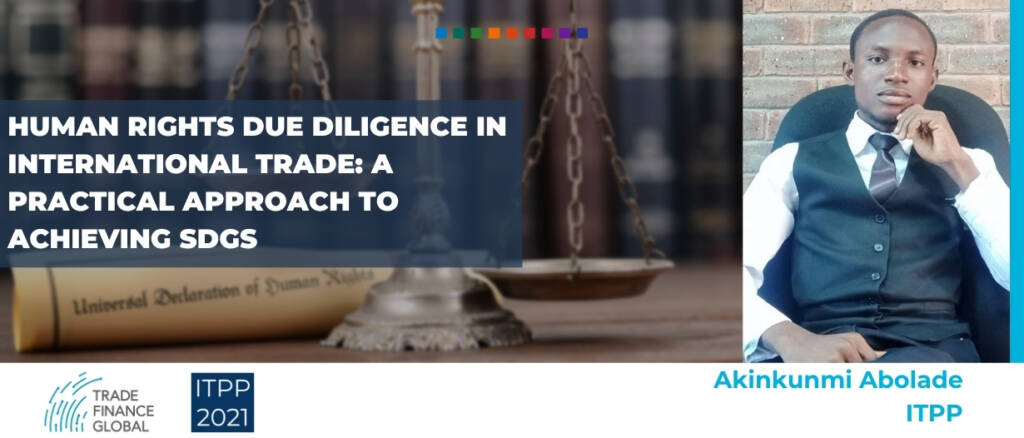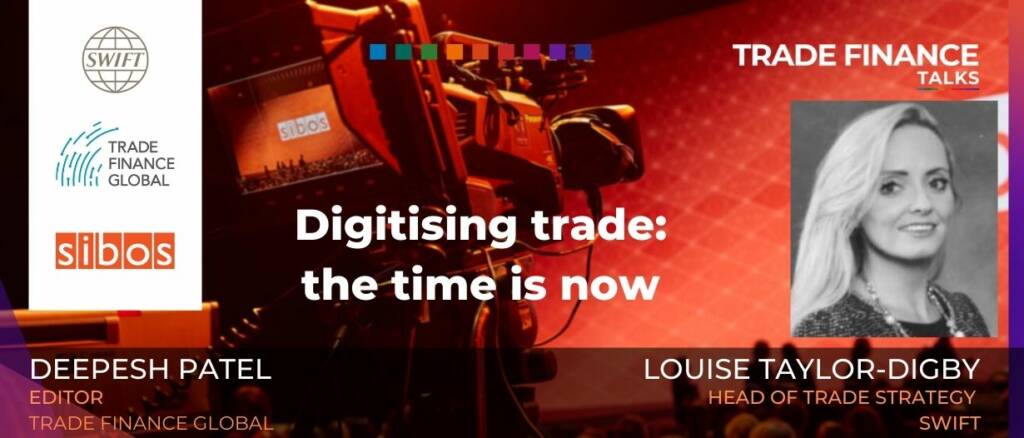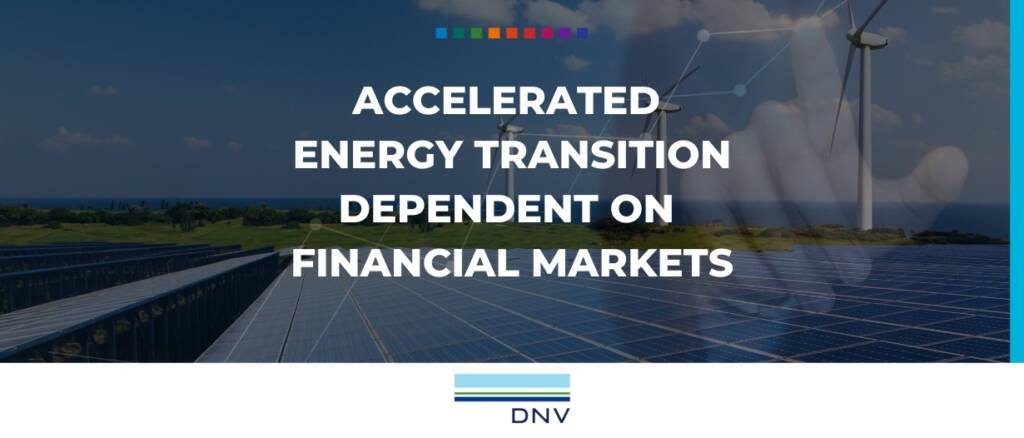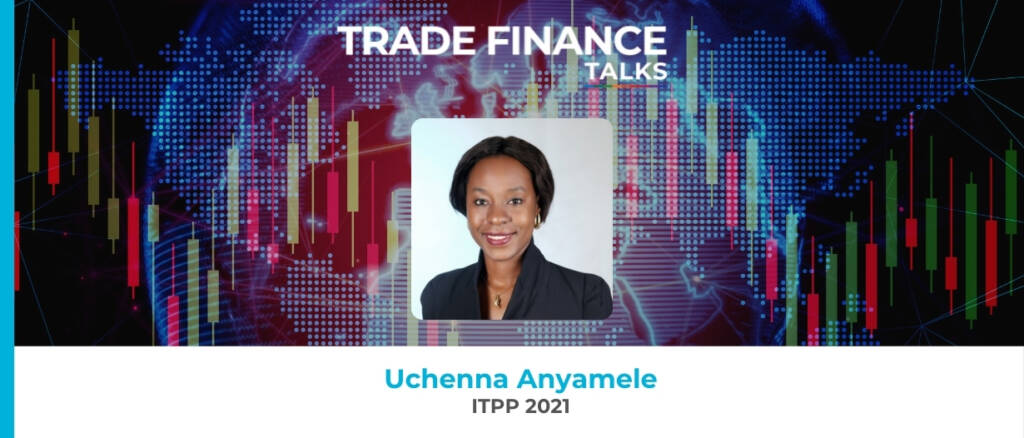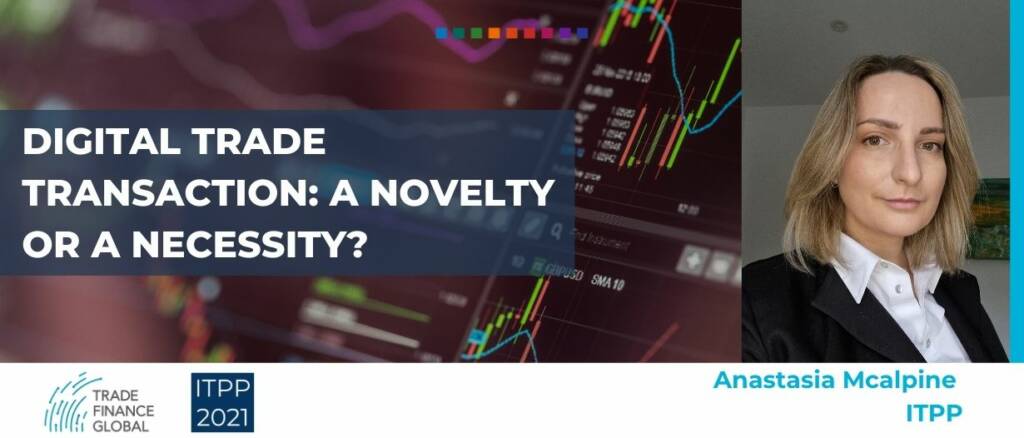The current banking landscape is going through a makeover. PSD2 and open banking have it’s advantages, but there are also many opportunities to continue to level the playing field, share risks and revisit the rules.
Letters of credit are the oldest and most common type of short term trade finance, famously described as the “lifeblood of international commerce,” with some commentators suggesting their use stretches back to 3000 BC. What makes them so successful?
AI, internet of things, robotics – what do they mean for trade finance, particularly in the efforts to combat trade-based money laundering?
Roughly 30 CEOs and Chairpersons of industry-leading companies call on governments to resolve geopolitical tensions, focus on trade reform and avoid protectionism. The trading system must adapt to address new… read more →
The digital transformation of the banking operations of guarantees and documentary credits to shift from the paper-based and labour-intensive models to a digital trade ecosystem.
This article posits that human rights due diligence is the most practical approach to addressing climate change concerns and achieving other sustainable development goals.
World trade is central to economic growth and as we emerge from the pandemic, trade is paramount in enabling the global economy to recover. Is the time really now, for digitising trade, and how can advance the dialogue to reduce friction, costs and risk?
Ditlev Engel, CEO, Energy Systems at DNV, will unveil significant global analysis of the opportunities and challenges policymakers, financiers, energy companies and developers face in financing the energy transition, in… read more →
Digitalisation has become a global priority, but efforts to digitalise trade have been hindered by legislative gaps.
In the wake of the ICC Uniform Rules for Digital Trade Transactions (URDTT) due to publish next month in October, we explore the meaning of a digital trade transaction – underlying assumptions, regulatory framework and future expectations.

















